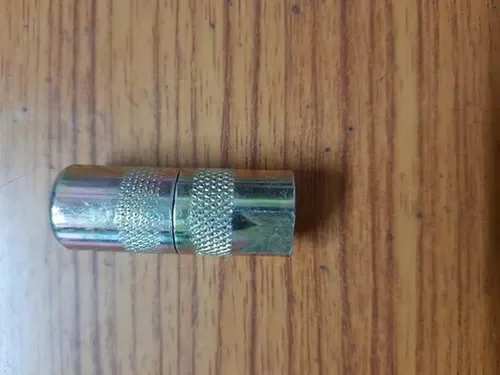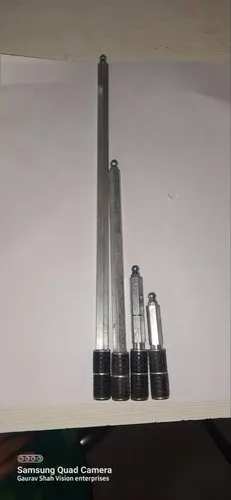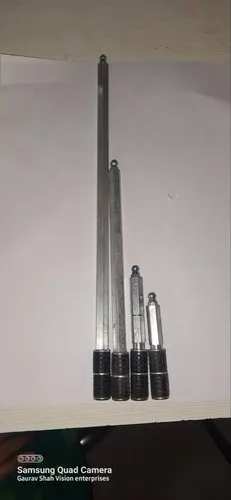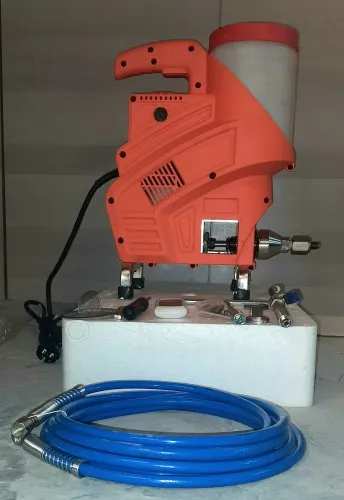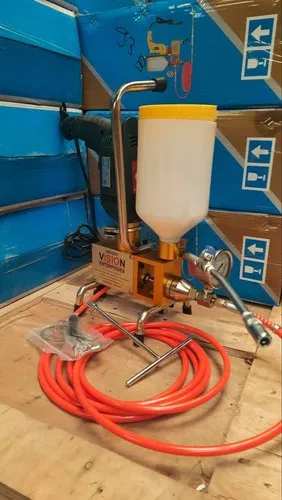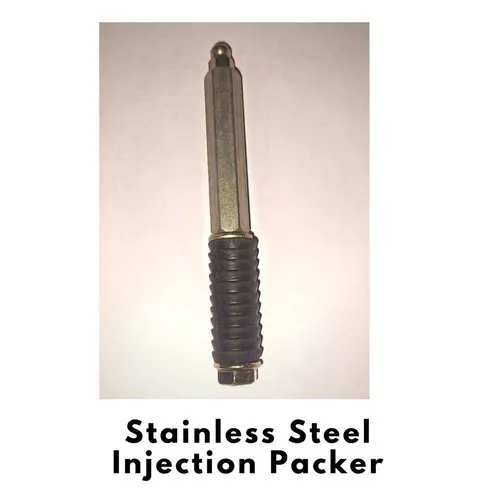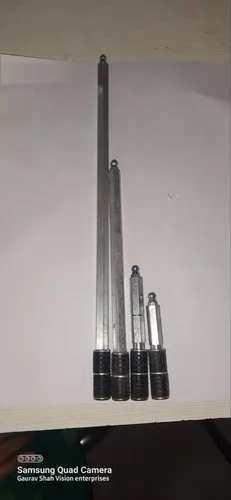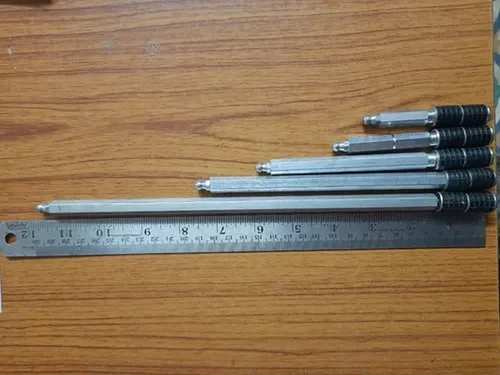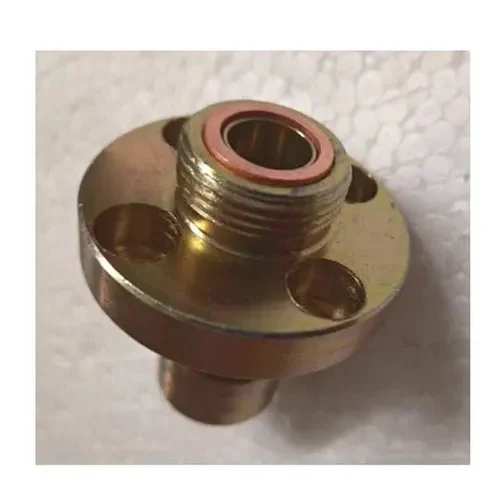Size: 0.5 inch Material: Stainless Steel Color: NO Package: pack Sound: nominal Usage/Application: spray An epoxy grouting nozzle is a specialized tool used to inject epoxy grout into cracks, voids, and other gaps in concrete and masonry structures. It's a crucial component in the epoxy grouting process, which strengthens and repairs various structural elements. Epoxy grouting nozzles come in various types and sizes, each suited for specific applications. Here's a brief overview: Types of Epoxy Grouting Nozzles: Straight Nozzles: These are the most common type, featuring a simple, straight design for injecting grout directly into cracks and voids. They come in different diameters to accommodate varying crack widths. Tapered Nozzles: These nozzles have a tapered tip that helps spread the grout more evenly within larger cracks or voids. They're ideal for filling wider gaps and ensuring complete filling. Packing Nozzles: These nozzles have a packing gland that helps prevent grout leakage around the injection point. They're suitable for high-pressure applications or situations where precise control over grout flow is necessary. Fan Nozzles: These nozzles feature a fan-shaped tip that sprays the grout in a wider pattern. They're useful for filling large, irregular cracks or for coating surfaces with epoxy. Factors to Consider When Choosing an Epoxy Grouting Nozzle: Crack or void size: Choose a nozzle diameter slightly larger than the crack width to ensure proper filling. Grout type and viscosity: Different epoxy grouts have varying viscosities. Opt for a nozzle with an appropriate flow rate for the specific grout being used. Application pressure: High-pressure grouting applications may require specialized nozzles with reinforced construction. Accessibility: Consider the location and accessibility of the crack or void when choosing a nozzle length and flexibility.

